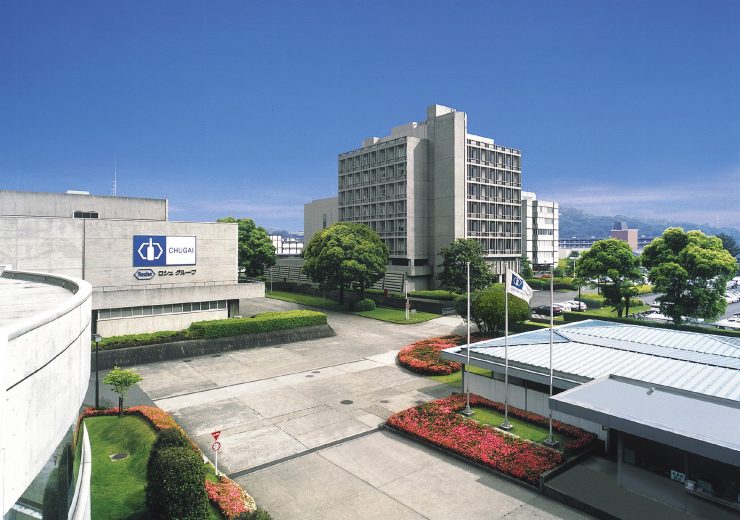The approval is based on results from Phase 3 SAkuraStar and SAkuraSky clinical trials of Enspryng in people with AQP4-IgG seropositive NMOSD

Roche’s Enspryng approved in Europe to treat NMOSD. (Credit: F. Hoffmann-La Roche Ltd.)
Roche has received the European Commission (EC) approval for Enspryng (satralizumab) to treat a type of neuromyelitis optica spectrum disorder (NMOSD) in adults and adolescents aged 12 years and above.
EC indicated Enspryng as a monotherapy or in combination with immunosuppressive therapy (IST) for anti-aquaporin-4 antibody (AQP4-IgG) seropositive NMOSD.
In August last year, the company has secured the US Food and Drug Administration (FDA) approval for Enspryng for the current indication.
Enspryng is a humanised monoclonal antibody that blocks the interleukin-6 (IL-6) receptor, which drives inflammation related to NMOSD.
It was designed by Chugai, a subsidiary of Roche, using novel recycling antibody technology that enables the drug to remain in the bloodstream for a longer time compared to traditional antibodies.
Roche claims that Enspryng is the first and only NMOSD treatment to be administered subcutaneously every four weeks, with a home-dosing option after training.
Roche global product development head and chief medical officer Levi Garraway said: “We thank the NMOSD community for their partnership and are delighted that ENSPRYNG will be available to people in the EU who until now had limited, accessible treatment options.
“Building on our growing scientific understanding of neuroimmunological conditions, we are confident ENSPRYNG can transform how people with NMOSD are treated by fitting into their day-to-day lives.”
The EC approval is based on results from Phase 3 SAkuraStar and SAkuraSky clinical trials of Enspryng in people with AQP4-IgG seropositive NMOSD.
The primary endpoint of both studies was the time to first protocol-defined relapse (PDR) determined by an independent review committee in the double-blind period.
In the studies, Enspryng showed a favourable safety and tolerability profile. The most common adverse reactions include headache, arthralgia, white blood cell count decrease, hyperlipidaemia and injection-related reactions.
Roche said that it is working closely with reimbursement and health technology assessment bodies in EU member states to provide people with access to the treatment.
